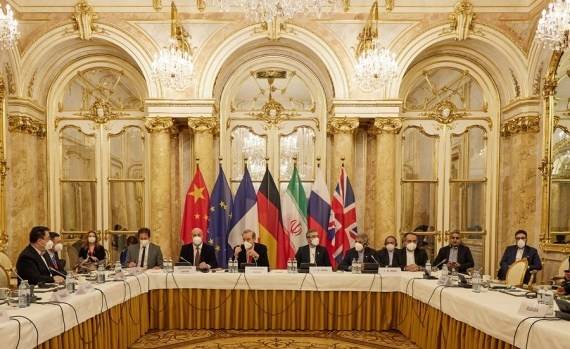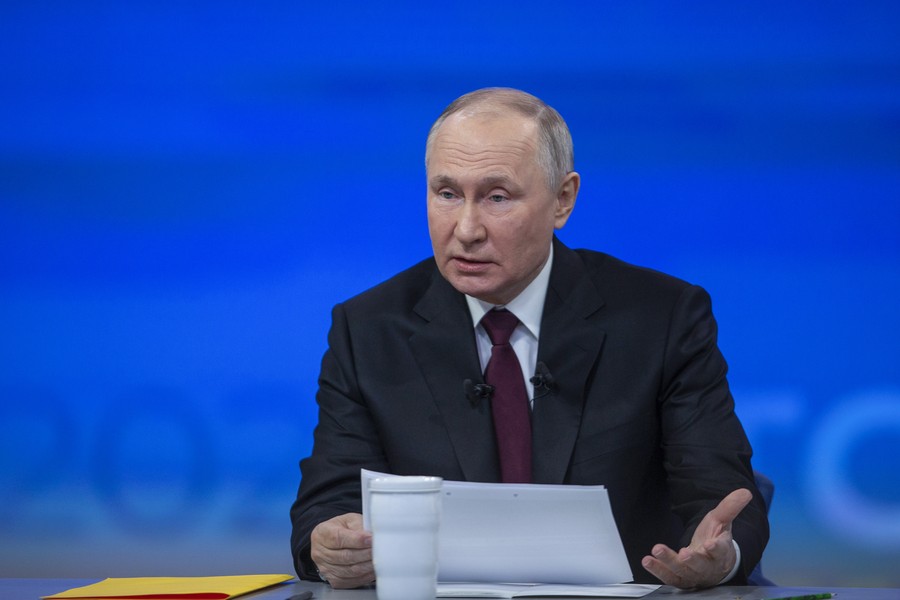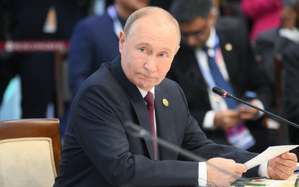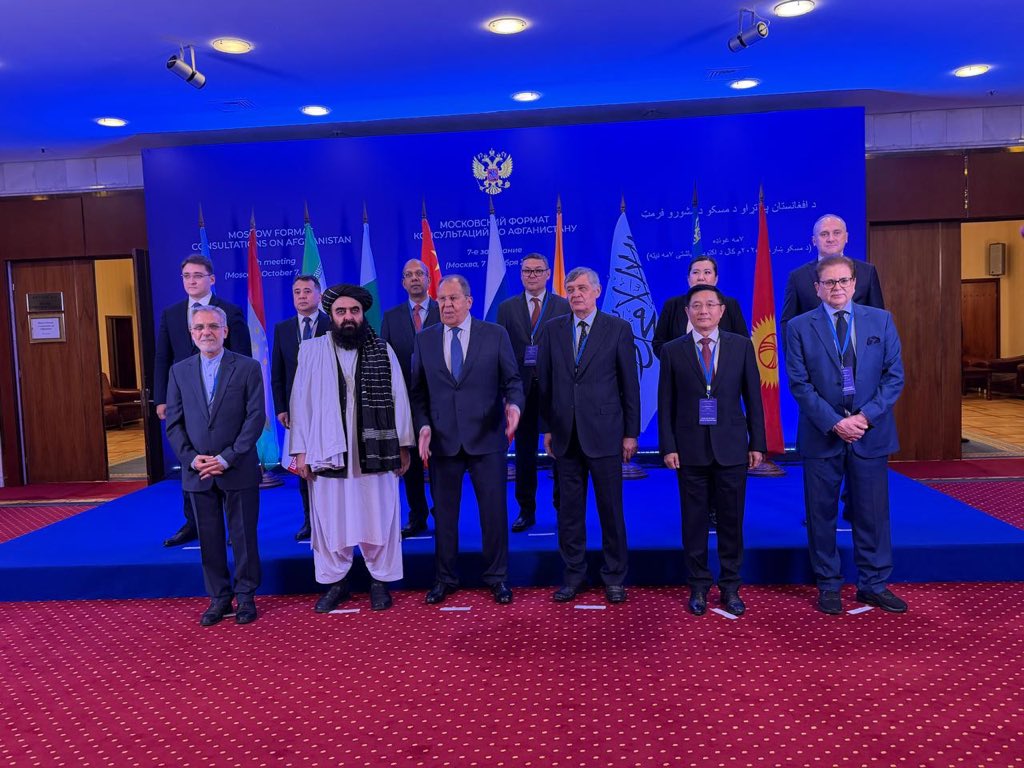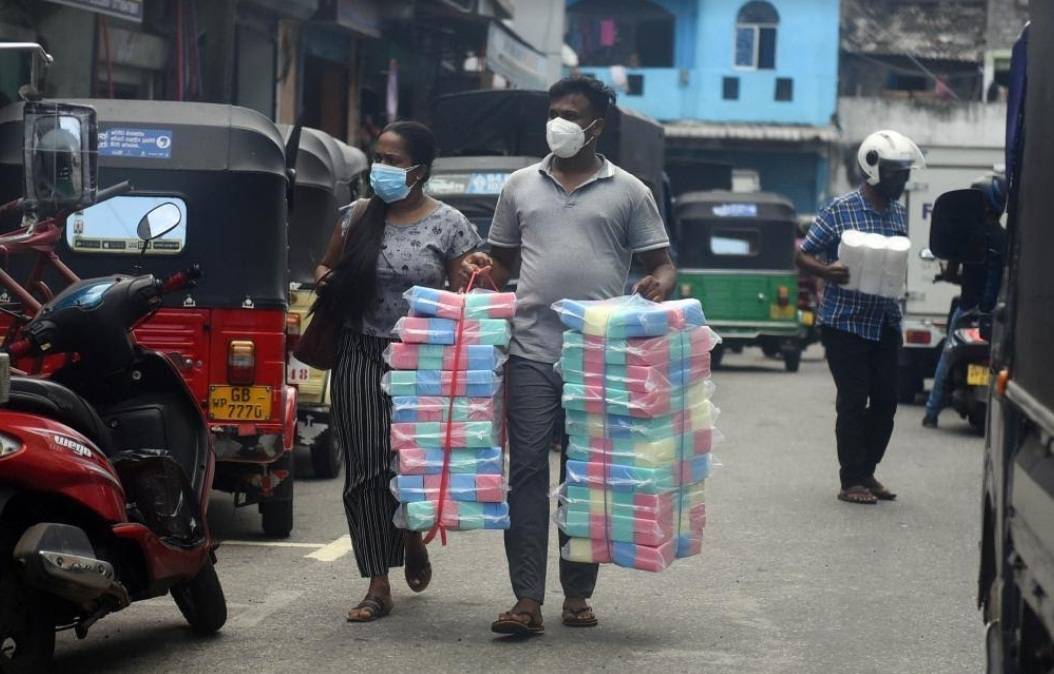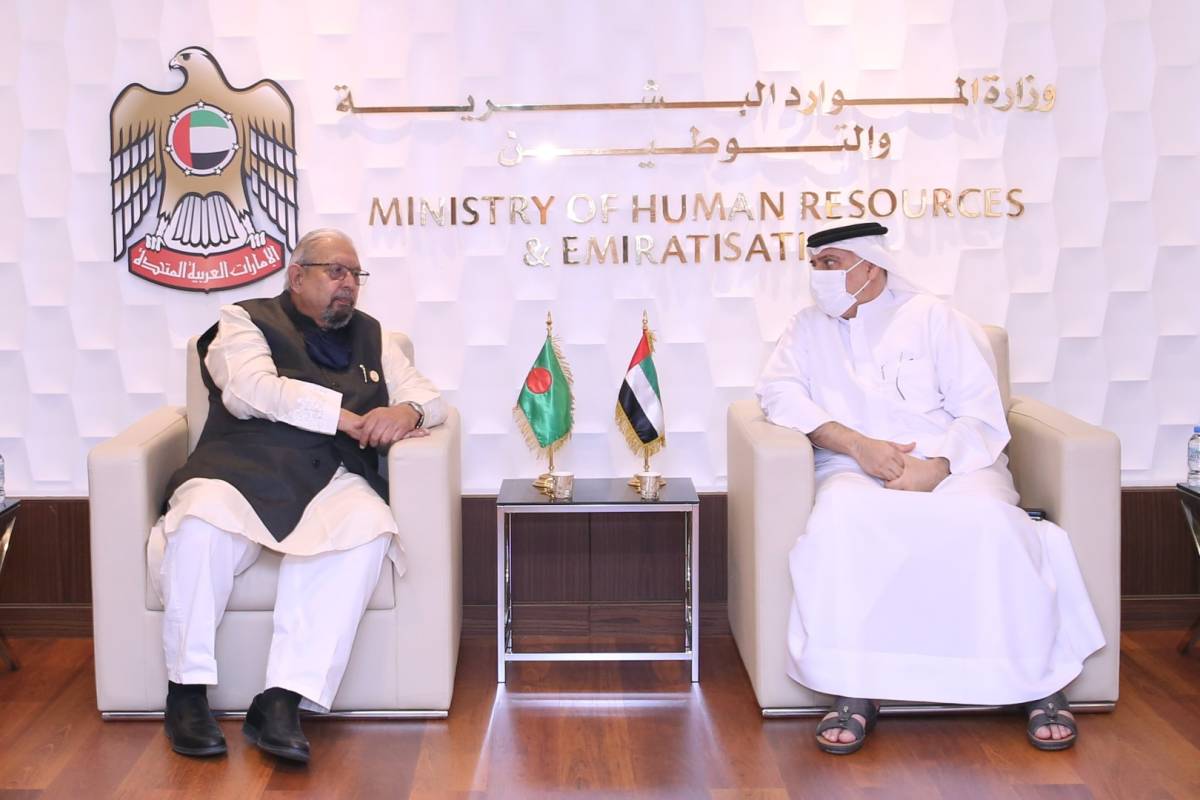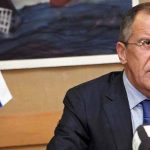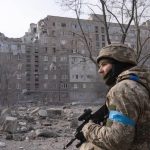High Representative of the European Union for Foreign Affairs and Security Policy Josep Borrell said that the pause was “due to external factors,” despite the fact that “a final text is essentially ready and on the table,” reports Asian Lite Newsdesk
The European Union said Friday that the ongoing negotiations on the revival of the 2015 Iran nuclear accord must be paused, days after fresh demands from Russia complicated negotiations, media reported.
High Representative of the European Union for Foreign Affairs and Security Policy chief Josep Borrell tweeted that the pause was “due to external factors,” despite the fact that “a final text is essentially ready and on the table.”
“A pause in Vienna Talks is needed, due to external factors. A final text is essentially ready and on the table,” he tweeted.
“As coordinator, I will, with my team, continue to be in touch with all JCPOA participants and the U.S. to overcome the current situation and to close the agreement,” he added.
Meanwhile, it is being reported that the last-minute Russian demands related to the Ukraine conflict threatened to derail the near-complete process of reviving the Iran nuclear deal.
Last week Russia said it was demanding guarantees that the Western sanctions imposed on its economy following its invasion of Ukraine would not affect its trade with Iran.
As with the original JCPOA in 2015, Moscow had been expected to play a role in the implementation of any fresh deal, for example by receiving shipments of enriched uranium from Iran.
After he withdrew from the JCPOA, Trump went on to reimpose swingeing sanctions on the Iranian economy, including on its vital oil sector.
One EU source close to the talks told AFP that Russia had at first made “reasonable” requests related to its civilian nuclear activities in Iran, but that they were then broadened “outside the scope of the JCPOA”.
Won’t give up n-programme: Iran
Iran’s Supreme Leader Ayatollah Ali Khamenei has said the Islamic republic will not give up on its regional presence and peaceful nuclear programme, the two factors that contribute to national power.
Addressing a meeting with the members of Iran’s Assembly of Experts, Khamenei said regional presence increases the country’s strategic depth and national power while scientific nuclear progress is tied to the country’s ability to meet its needs in the near future, Xinhua news agency reported, citing the leader’s office.
Thus, to be able to maintain the country’s independence in the future, none of those two must be forgone, said the top leader.
He stressed that acquiescing to the excessive demands of the US or any other country in the hope of not being sanctioned is a big mistake and a blow to the country’s political power.
He said there is nothing more naive and amateurish than the proposal to reduce the country’s defence capabilities.
He noted that the enemies have placed on their agenda targeting Iran’s elites and intellectuals in order to deceive the people through them, adding that the world’s arrogant powers have waged the biggest soft war against the nation.
Recently, a top Iranian security official slammed the US approach to the talks in Vienna on reviving a 2015 nuclear deal, saying Washington is not willing to reach a “strong deal” that would satisfy both sides.
“The US approach to Iran’s principled demands, coupled with its unreasonable offers and unjustified pressure to hastily reach an agreement, show that the US is not interested in a strong deal that would satisfy both parties,” Secretary of Iran’s Supreme National Security Council Ali Shamkhani tweeted, Xinhua news agency reported.
He stressed that in the absence of a political decision by the US, the negotiations in the Austrian capital get more complicated every hour.
Iran signed the nuclear deal, formally known as the Joint Comprehensive Plan of Action (JCPOA), with the world powers in July 2015. However, former US President Donald Trump pulled Washington out of the agreement in May 2018 and re-imposed unilateral sanctions on Iran.
Since April 2021, eight rounds of talks have been held in Vienna between Iran and the remaining parties to the JCPOA, namely Russia, China, France, Britain and Germany, with the US indirectly involved in the talks, in a bid to revive the landmark deal.
ALSO READ-Biden hails Turkey’s effort to mediate in Ukraine crisis


